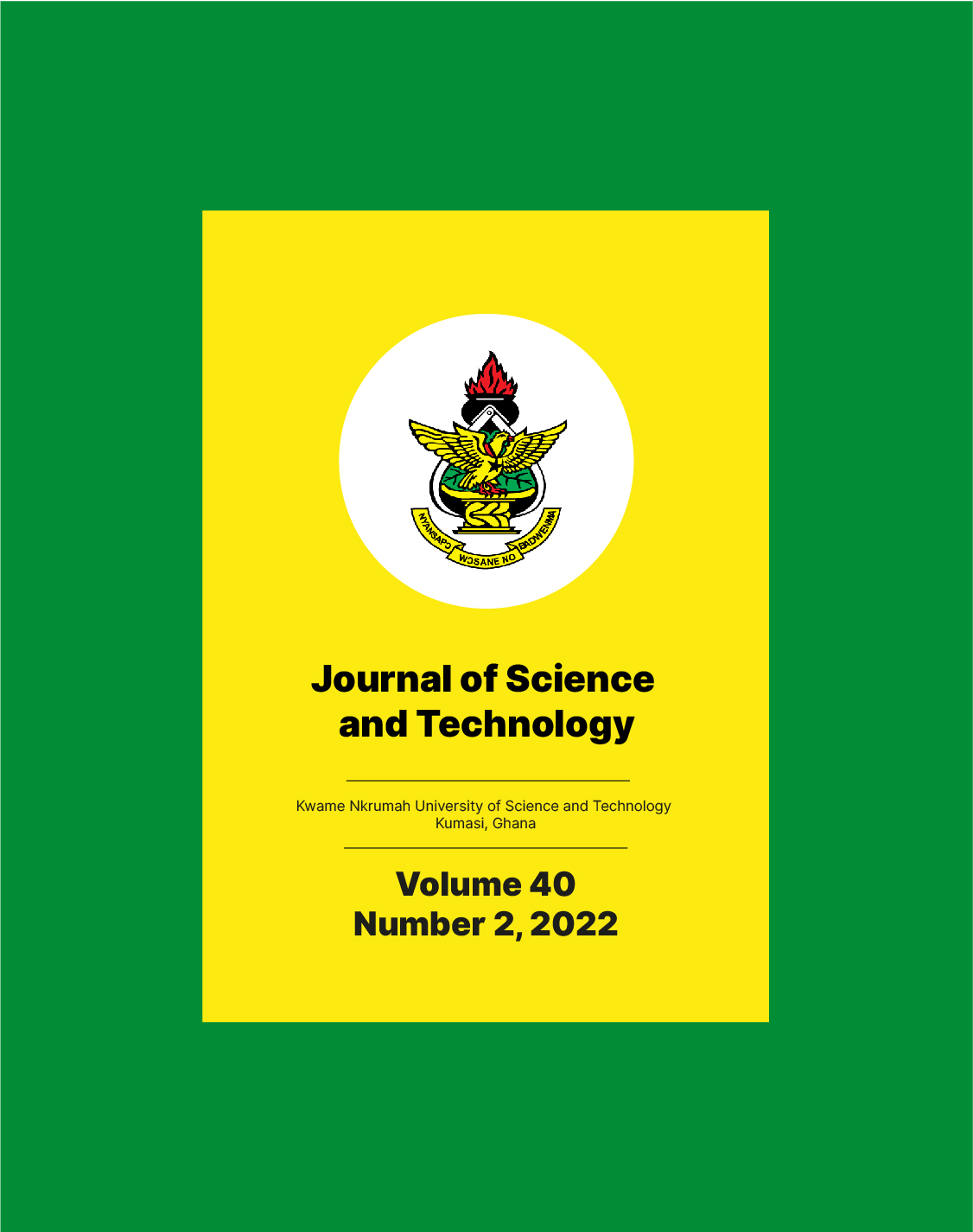Main Article Content
Asymmetrical effect of exchange rate changes on money demand: Empirical evidence from Ghana
Abstract
In this paper, we account for currency substitution by including exchange rate in the money demand function. Numerous recent studies have shown that exchange rate could have an asymmetric effect on demand for money in different countries. In this study, we consider the experience of Ghana and found that exchange rate changes have an asymmetric impact on the demand for money. Specifically, our non-linear Autoregressive Distributed Lag Model (NARDL) estimates revealed that the appreciation of Ghana Cedi against the US dollars reduces the demand for money whereas depreciation of Ghana Cedi against the US dollars increases the demand for money in Ghana, likely due to currency substitution or wealth effect. Other supplementary findings from the study show that increase in real national income generates an increase in demand for money in Ghana likely due to an increase in purchasing power of Ghanaians. The results of this study suggest that effort should be geared towards stabilizing exchange rate over a long period in order to stabilize money demand in Ghana. Additionally, real income and interbank interest rate should also be considered as essential tools when formulating monetary policies that aimed at stabilizing money demand in Ghana’s economy to boost economic development.






